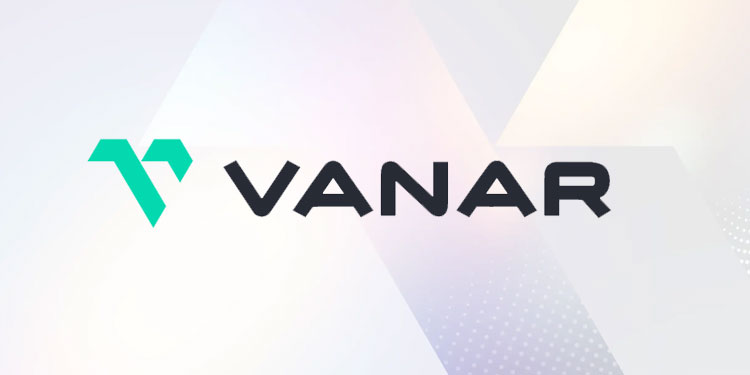Polymesh has recently launched its Polymesh private blockchain, heralded as the first of its kind with seamless public migration capabilities. This milestone development is geared towards broader integration of Polymesh technology into the infrastructure of financial institutions, especially those currently hesitant to adopt public chains.
Specialized Blockchain for Security Tokens
Polymesh stands out as a specialized layer 1 public permissioned blockchain, meticulously crafted for handling security tokens – digital contracts tied to real-world assets. Unlike conventional platforms, Polymesh mandates identity verification for all participants, including issuers, investors, stakers, and node operators, thereby bolstering network security.
Unique Infrastructure and Security Measures
A distinctive feature of Polymesh lies in its infrastructure, which mandates node operators to be licensed financial entities, ensuring a higher level of security and compliance. This approach blends the benefits of both private and permissionless networks, offering a robust foundation for digital asset management.
Operational Mechanism of Polymesh
Polymesh operates through the collaborative efforts of node operators and stakers, who work together to secure the blockchain and validate blocks. Successful validation of blocks by node operators is rewarded in POLYX, Polymesh’s native utility token. Stakers, on the other hand, contribute their POLYX to node operators, thereby increasing their chances of participating in the validator pool and fortifying the network’s security and operational efficiency.
Utility of POLYX Token
POLYX serves as the backbone of Polymesh’s ecosystem, utilized for governance, chain security through staking, and managing security tokens. Token holders wield significant influence over Polymesh’s governance, with the ability to submit improvement proposals and cast votes on key decisions. The staking mechanism empowers POLYX holders to bond their tokens to node operators, thereby augmenting their likelihood of earning rewards and contributing to the network’s security posture.
Conclusion
Polymesh’s introduction of a private blockchain with public migration capability marks a significant stride in the realm of digital asset management. By offering a unique blend of security, compliance, and operational efficiency, Polymesh aims to overcome the barriers hindering the adoption of blockchain technology among financial institutions. With its innovative approach and robust infrastructure, Polymesh is poised to redefine the landscape of security token offerings and blockchain-based financial services.









